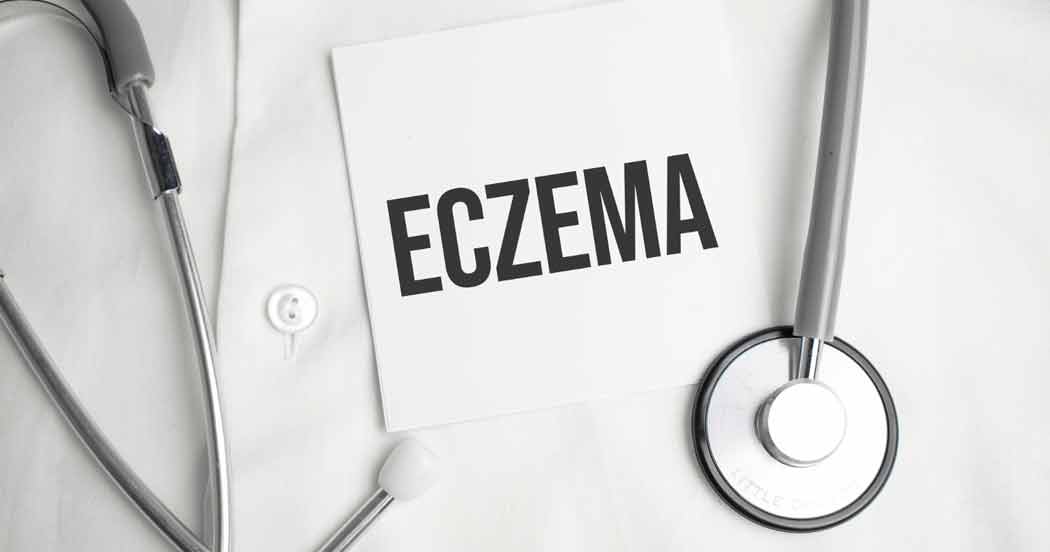Are you looking for answers to frequently asked questions about eczema? Find answers below to some common questions about eczema, eczema treatments, and resources for more information about eczema.
What exactly is eczema?
Eczema diagnoses are most common among infants and young children. While baby eczema can continue into adulthood, cases of adult eczema are less frequent.
What does eczema look and feel like?
All types of eczema cause itching and redness. Blistering, scaling and cracking are also common symptoms. Eczema typically affects insides of elbows, backs of the knees, and the face, but some eczema types can cover most of the body.
In what’s known as the “itch‐scratch” cycle of eczema, which proper treatment can alleviate, the frequent scratching due to intense itching can make your rash even worse, leading to even more inflammation and itching.
What’s the difference between eczema and psoriasis?
- Eczema and psoriasis can both cause itching, but with psoriasis your skin may also sting or burn
- Itching with eczema can be so severe that you scratch your skin to the point of bleeding
- Skin is generally thicker, or scaled, and more inflamed with psoriasis than eczema
Is eczema curable?
No. Eczema describes various skin conditions resulting from environmental factors and/or allergens; there is no cure.
However, it IS treatable. The more you know about eczema and your likelihood to develop it — based on family allergy history and common eczema triggers — the easier it is to manage and reduce the risk of flare‐ups.
How do you treat eczema?
If you or a loved one has eczema, it’s important to take good care of your skin. This includes avoiding known eczema triggers, regular bathing and moisturizing, and any additional treatment your doctor has prescribed.
How does colloidal oatmeal help in moisturizing treatment?
Colloidal oatmeal, a special pulverized form of oatmeal, acts as a “colloid” to form a moisturizing barrier that naturally soothes and protects damaged skin. Studies have confirmed the ingredient’s unique anti‐inflammatory, anti‐itch, antioxidant, and protective properties.*
*Wallo W, Nebus J, Nystrand G, et al. Agents with adjunctive therapeutic potential in atopic dermatitis. Poster presented at: 65th Annual Meeting of the American Academy of Dermatology; February 2‐6, 2007; Washington, D.C. P712.
Are MG217 eczema treatments available over‐the‐counter?
Yes. You can find MG217 products in the first‐aid aisle of major drug retailers, or online using the links on our MG217 Eczema product pages.
Where can I find more information about eczema?
The National Eczema Association website is a helpful resource for various eczema treatments, causes and triggers, daily living tips, eczema research and advocacy.
If you’re looking for additional eczema information, this is a great place to start.
